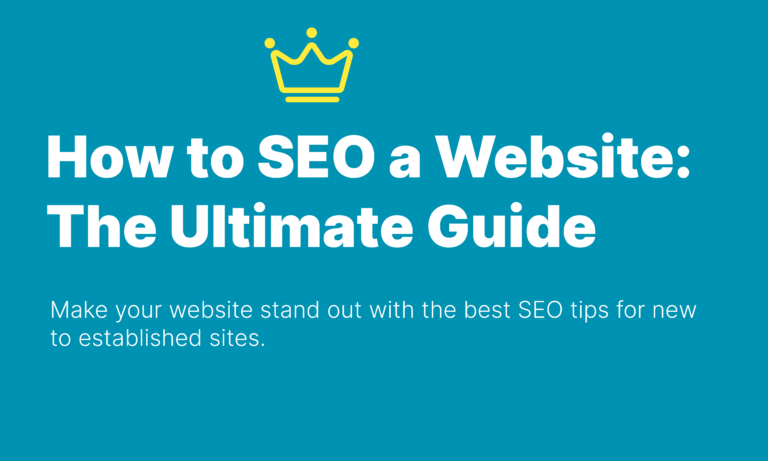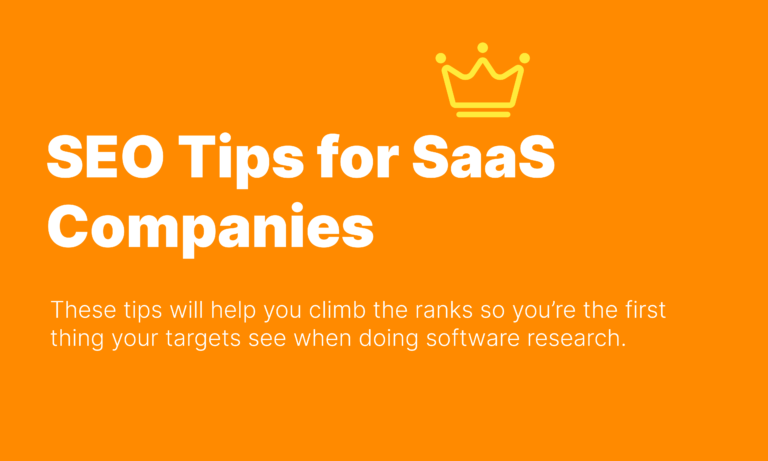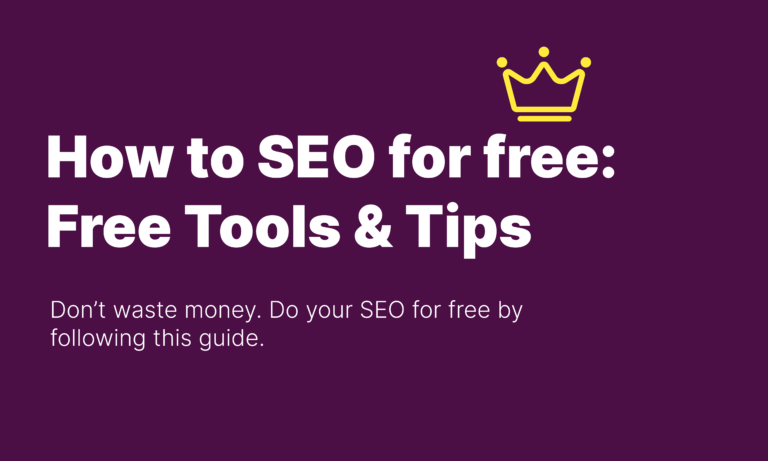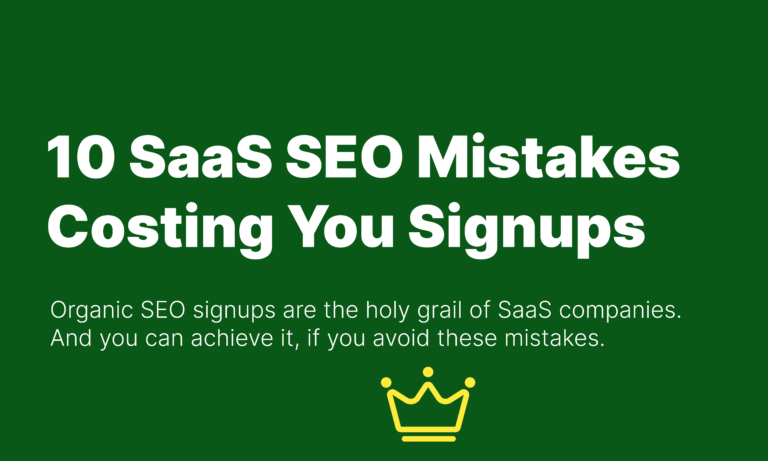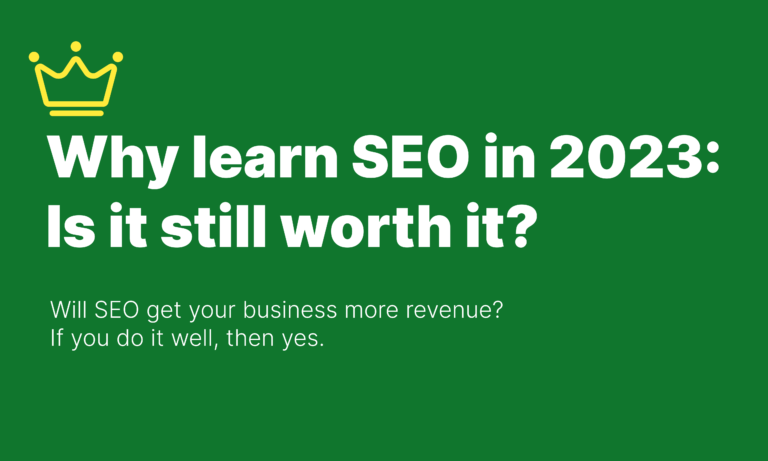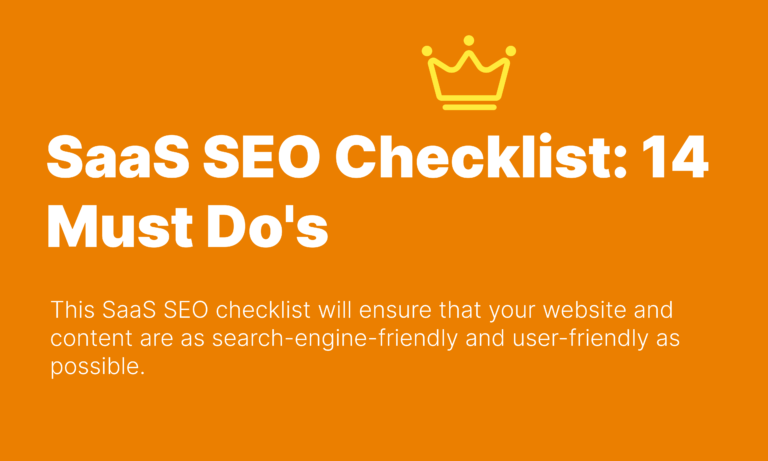Why SEO is Important in Digital Marketing
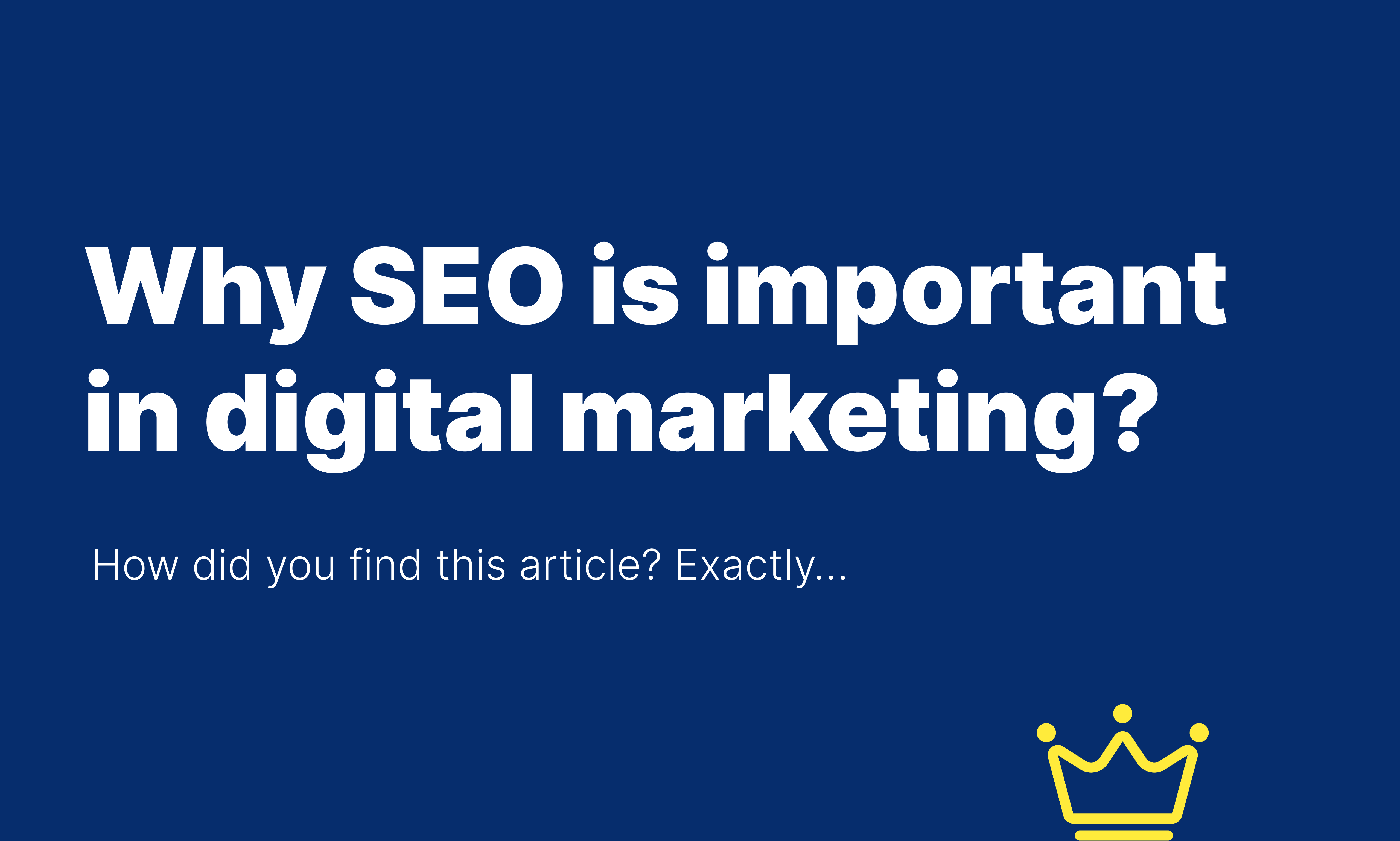
How did you find this article? Exactly…
In the ever-evolving landscape of digital marketing, staying ahead of the curve is always important for success. Among the myriad of strategies and tactics available, Search Engine Optimization (SEO) stands tall as a cornerstone that all businesses should consider. In this guide, we will explore exactly why SEO is important in digital marketing and why you should start implementing it in your strategy.
What is SEO?
Before we dive into the nitty-gritty of SEO’s importance, let’s establish a fundamental understanding of what SEO actually is. SEO, or Search Engine Optimization, is the art and science of optimizing your website and its content to rank higher in search engine results pages (SERPs). It involves a multifaceted approach, encompassing various techniques and strategies aimed at improving your website’s visibility to users when they search for relevant keywords and phrases.
SEO is not a singular technique but rather a comprehensive approach involving various strategies to enhance your website’s visibility in search engine results pages. SEO involves both on-page and off-page optimization. On-page refers to all tweaks made to your website itself, for example, headings and meta tags. Off-page SEO is all the activities done outside your website that still improve its rankings. Specifically, links directed to your site. While SEO primarily focuses on improving search engine rankings, it also indirectly contributes to enhancing user experience, which, in turn, can lead to higher conversion rates.
Plus, SEO not only applies to Google and Bing. You can also optimize your visibility in other platforms like TikTok and YouTube through SEO.
The Impact of SEO in Digital Marketing
Now that we have a basic understanding of what SEO entails, let’s unravel its profound impact on the digital marketing landscape. To put things into perspective, consider these statistics:
0.63% of Google searchers click on results from the second page.
This seemingly minuscule percentage reveals a harsh reality for websites that don’t appear on the first page of Google. The vast majority of users seldom venture beyond this initial search page.
68% of online experiences begin with a search engine.
This simple fact underscores the sheer magnitude of the role search engines play in shaping users’ online experiences. When individuals embark on a digital journey, they often initiate it with a simple search query.
53.3% of all website traffic comes from organic search. (BrightEdge)
Organic search remains a cornerstone of web traffic generation. It’s a testament to the importance of SEO in driving user engagement.
92.96% of global traffic comes from Google Search, Google Images, and Google Maps.
Google’s dominance in the search engine realm is undeniable. Focusing on optimizing for Google can yield immense benefits.
SEO drives 1,000%+ more traffic than organic social media. (BrightEdge)
While social media certainly has its merits, SEO outshines it when it comes to driving substantial website traffic.
60% of marketers say that inbound (SEO, blog content, etc.) is their highest quality source of leads. (HubSpot)
Marketers have recognized the value of inbound strategies, with SEO at the forefront of lead generation efforts.
SEO leads have a 14.6% close rate. (HubSpot)
Leads generated through SEO tend to convert at a significantly higher rate, emphasizing the quality of traffic it brings.
Why SEO is Important in Digital Marketing
SEO is important to digital marketing because it maximizes your visibility in Google, the main online research tool in the world. Now let’s take a deep dive into the areas that SEO improves for businesses.
Website traffic
One of the most tangible benefits of SEO is its ability to drive organic website traffic. When your website ranks higher in search results, more users are likely to click through to your site.
By optimizing your website for search engines, you can increase both the quantity and quality of traffic that lands on your site. The organic traffic resulting from effective SEO strategies not only enhances your website’s visibility but also provides a valuable opportunity to engage with potential customers actively seeking your products or services. As your website’s visibility improves through SEO, the increased traffic not only boosts your chances of attracting potential customers but also allows you to build a stronger online presence.
Organic growth
Organic growth is the best type of growth you can have. The reason is that you’re not being salesly at all, which people appreciate. Instead, you’re being easy to find for people looking for a solution. And you don’t have to reach out to people directly. This inbound marketing practice allows you to be top and center of key search results, with new people constantly clicking on your site. The leads come to you at all times.
Authority
SEO helps build your brand’s authority. By consistently ranking at the top of search results, your website can establish itself as an authoritative source in your industry, which in turn, fosters trust among users. The process of SEO, when executed effectively, not only boosts your website’s visibility but also positions it as a trusted and authoritative source within your industry, thereby solidifying your brand’s reputation. SEO’s ability to elevate your website’s ranking in search results not only amplifies your online presence but also enhances your brand’s authority, fostering trust among users and potential customers.
Visibility in search engines
SEO is the key to unlocking the doors of visibility in search engines. Without it, your website might remain hidden in the depths of SERPs, struggling to gain attention. Improved visibility means that your website becomes more accessible to users actively searching for information or solutions related to your offerings. This heightened exposure is a potent catalyst for driving organic traffic and increasing your chances of converting visitors into customers.
The essence of SEO lies in its ability to elevate your website’s visibility within search engines, ensuring that it appears prominently when users search for relevant keywords or phrases, thereby increasing the likelihood of attracting potential customers. SEO’s impact extends beyond mere visibility; it transforms your website into a beacon that attracts potential customers by ensuring it ranks prominently in search engine results, thereby increasing organic traffic and potential conversions.
User experience
User experience is a very important consideration in the digital age, and SEO plays an integral role in shaping it. Google and other search engines factor user experience into their ranking algorithms. This means that a website optimized for SEO is likely to deliver a better user experience. Faster loading times, mobile-friendliness, and user-friendly navigation—all components of good SEO—contribute to a website’s appeal to users.
Beyond its impact on visibility, SEO influences user experience by ensuring your website is fast, mobile-friendly, and easy to navigate, all of which contribute to a positive impression on visitors.
Start Implementing SEO in Your Digital Marketing
Great marketing strategies for businesses of all sizes, always have an outbound and inbound element. And for a lot of them, inbound is the main star. What makes it so great is that it gives your business a constant channel of new leads. Especially SEO, which aims to maximize your presence in Google, the main online research tool in the world. And in today’s digital marketing landscape, it’s definitely a must.
SEO is also an affordable channel to build since you don’t have to pay much for tools and leads. At the end of the day, SEO is important in digital marketing because it’s another great tool to get your business more attention through Google and other social media platforms. So start looking into ways to optimize your website now. Your competition is already doing it, but you could do it better with our help. Tell us about your business and we can get you the SEO services you need.

